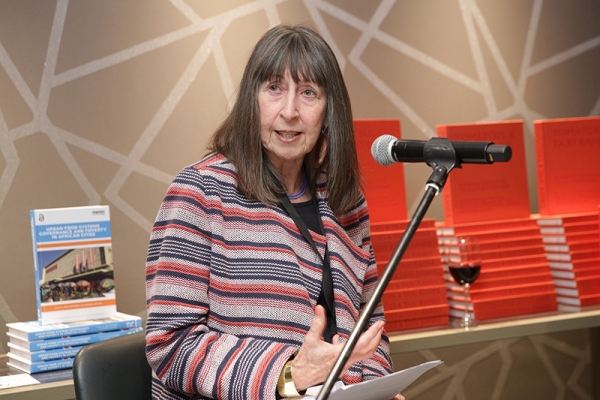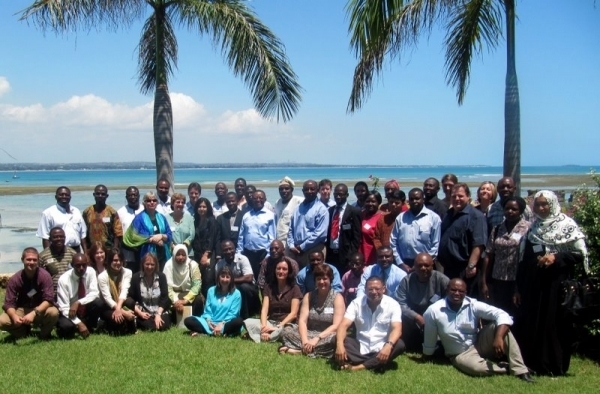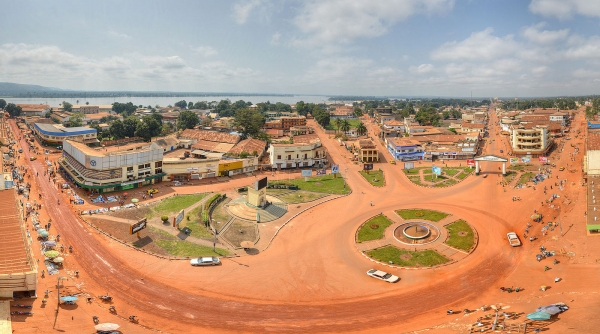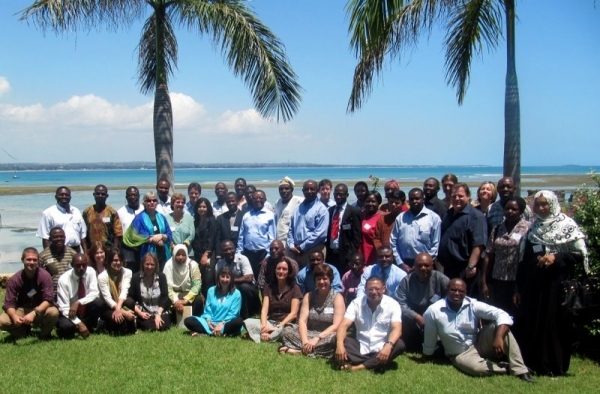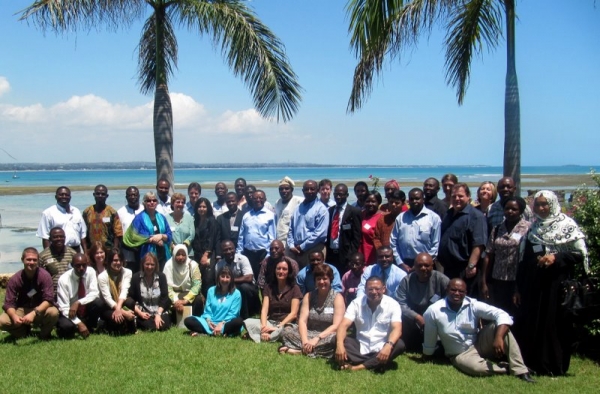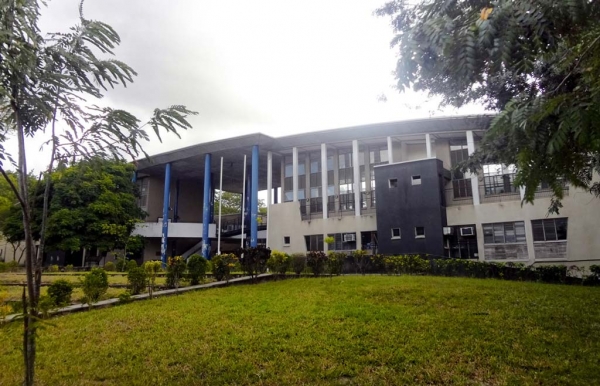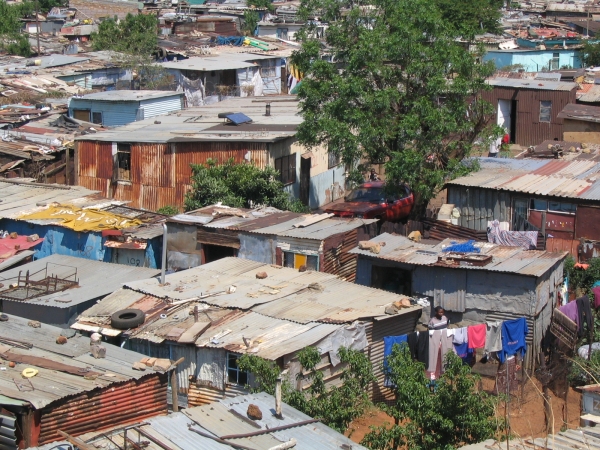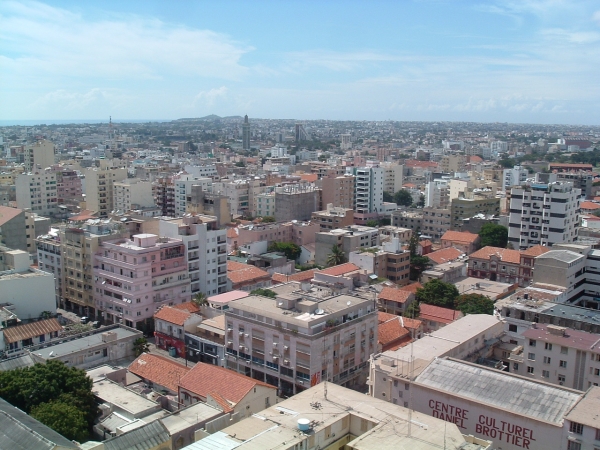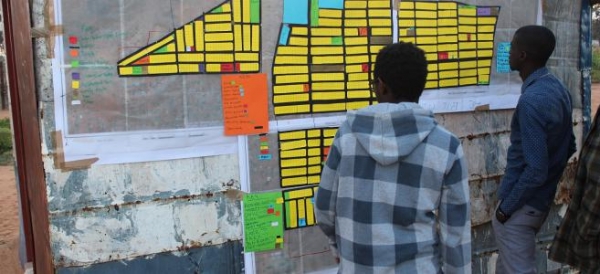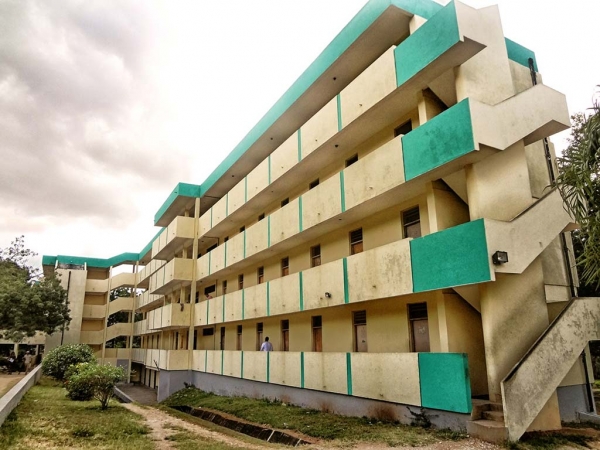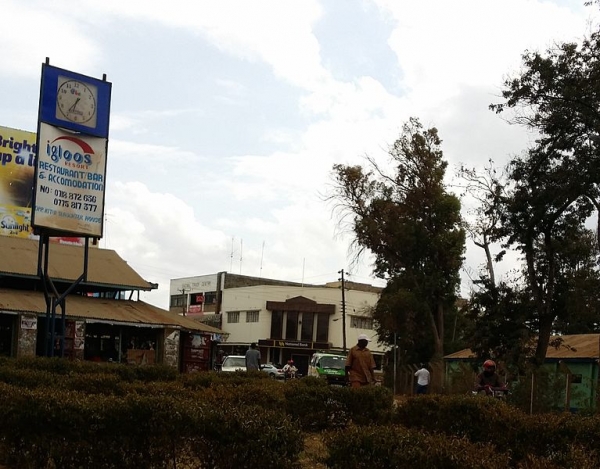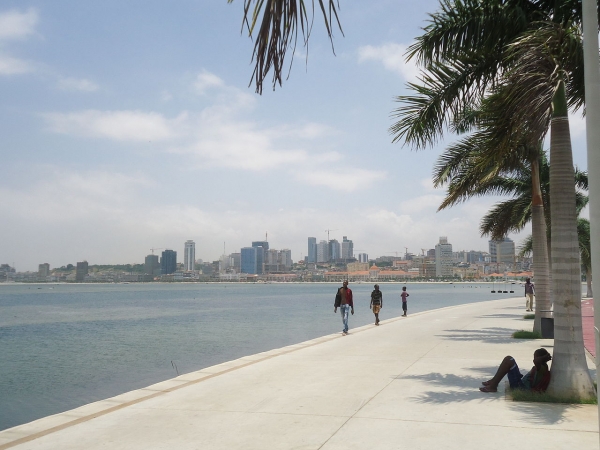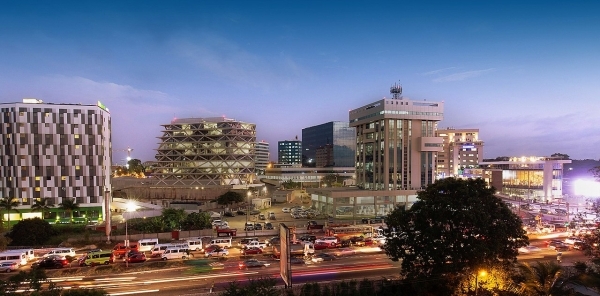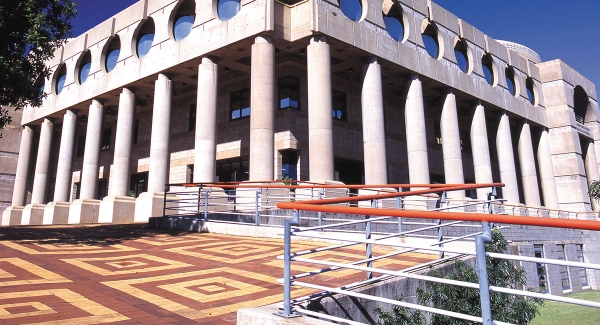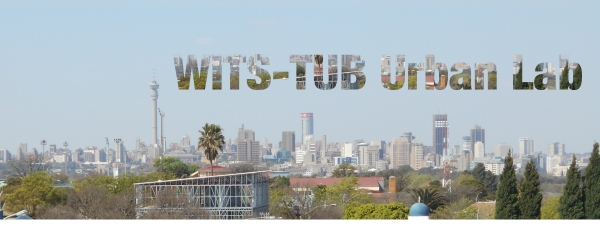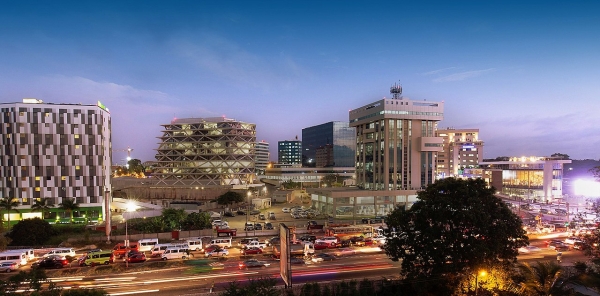In concert with the initiation of a new Masters in Spatial Planning programme in 2013, the University of Zambia (UNZA) has submitted a proposal to Comic Relief for a community-led slum upgrading programme based in Lusaka.
The proposal was developed in partnership with Lusaka City Council and the alliance of the People’s Process On Housing and Poverty in Zambia (PPHPZ) and the Zambia Homeless and Poor People’s Federation. AAPS was instrumental in developing the new UNZA programme and in establishing links between the university and PPHPZ.
In March 2012, the PPHPZ alliance signed a Memorandum of Understanding with Lusaka City Council which culminated in a project for the development of a community-led information gathering exercise leading to a pro-poor slum upgrading and housing development process that can demonstrate a new sustainable partnership between the Council and urban poor communities in Lusaka. The precedent-setting project sought to promote a combination of community-led information gathering, in situ slum upgrading as well as low cost housing development programmes in Lusaka. However, it was soon realised that further institutional partnerships were required in order to scale-up such initiatives.
To this end, LCC, PPHPZ alliance and the University of Zambia (Department of Geography and Environmental Studies) have forged a tripartite partnership to improve informal settlements in Lusaka. The three institutions have agreed to collaborate on the delivery of comprehensive community-led enumerations and mapping to inform city-wide community-led slum prevention and upgrading initiatives as well as formulation and implementation of a mitigation and adaptation strategy for climate change in Lusaka.
The partnership is jointly proposing a comprehensive community-led Lusaka urban development initiative to Comic Relief. It will be composed of two aspects:
- Community-led city-wide information gathering and mapping to feed into a comprehensive urban development programme and strategies. This will be coupled with mobilising constituencies of the urban poor who are self-conscious, collectivized and networked citizens to hold other institutions to account
- Working with the Civic Forum on Housing and Habitat (CFHH) and CARE International towards the establishment of a Lusaka City Development Fund that is designed to address the need for flexible finance that can be accessed and used by the urban poor as an instrument for development.
Please CLICK HERE to read the project proposal and expected outcomes of the initiative.

